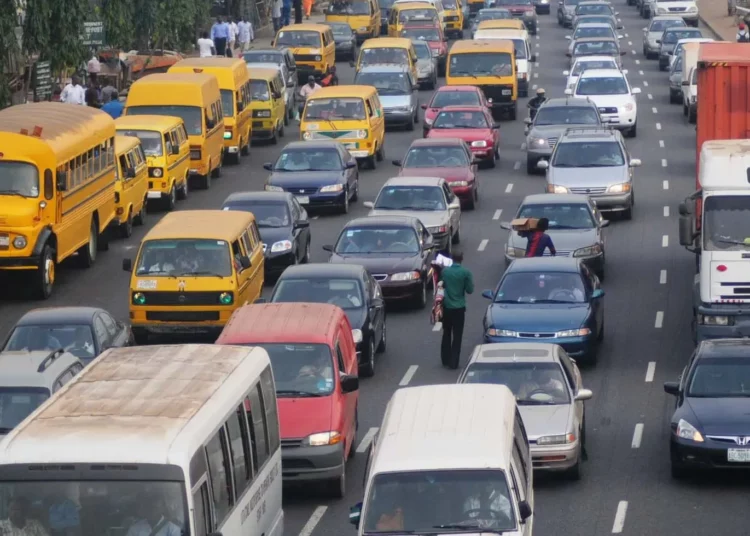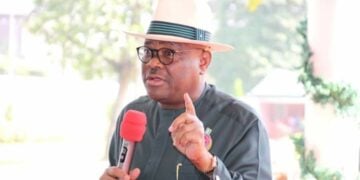Experts have stressed the urgent need to tackle the various environmental challenges confronting Lagos State, saying the state can actually profit from the challenges with sustainable waste management through public education, technology and recycling.
They spoke at the yearly Lecture and Awards of the Property and Environment Writers Association of Nigeria (PEWAN) in Lagos with the themes “The Place of Waste Management in Relation to the Lagos State Government’s THEMES+ Agenda” and “Air Quality Management in a Megacity Like Lagos: Challenges and Policy Framework.”
in his keynote address, the managing director and chief executive officer of the Lagos Waste Management Authority (LAWMA), Muyiwa Gbadegesin, highlighted the economic opportunities in Lagos’ waste sector, pointing out that waste separation at source could unlock billions of naira in value while creating jobs.
According to him, waste management was central to the THEMES+ Agenda of Governor Babajide Sanwo-Olu administration, adding that, “Waste is not a burden, it is value. Lagos generates about 13,000 tons of waste daily, of which 50 per cent is organic. This can be converted into compost, bio-methane for cooking gas, or even animal feed.”
Gbadegesin explained that progress had been made on the Olusosun and Solous Transfer Loading Stations (TLS) and Material Recovery Facilities (MRF), which are designed to replace legacy dumpsites with modern recycling and resource recovery infrastructure, adding that the Olusosun dumpsite will be decommissioned within 18 months in line with is plans to convert the reclaimed land into recreational use.
According to him, the state was committed to ensuring that Lagos has drains that keep roads open, air that is free from smoke caused by dump fires, a materials economy that creates jobs, a coastline that welcomes visitors, a government that publishes what it delivers, and inclusion that protects those who already recover recyclables.
In his address, the general manager of Lagos State Environmental Protection Agency (LASEPA), Babatunde Ajayi, said the agency is focused on air quality, vehicle emissions, chemical handling in order to improve life and value of property.
He emphasised the need to safeguard the state’s environment through effective waste management, air and water quality monitoring, and continuous public advocacy.
Ajayi said, “One-third of Lagos is made up of water, which means effluent discharged into our waterways must be strictly monitored to protect aquatic ecosystems. LASEPA ensures that industrial discharges are curtailed and air emissions are properly managed, while also driving advocacy to educate residents on sustainable waste disposal practices.”
Earlier, the chairman of PEWAN, Mrs Okwy Iroegbu-Chikezie, pointed out that “Lagos, as one of the fastest-growing cities in Africa, faces humongous challenges in managing its waste. The city’s population is projected to reach 30 million by 2035, putting immense pressure on its infrastructure, including waste management systems.”





